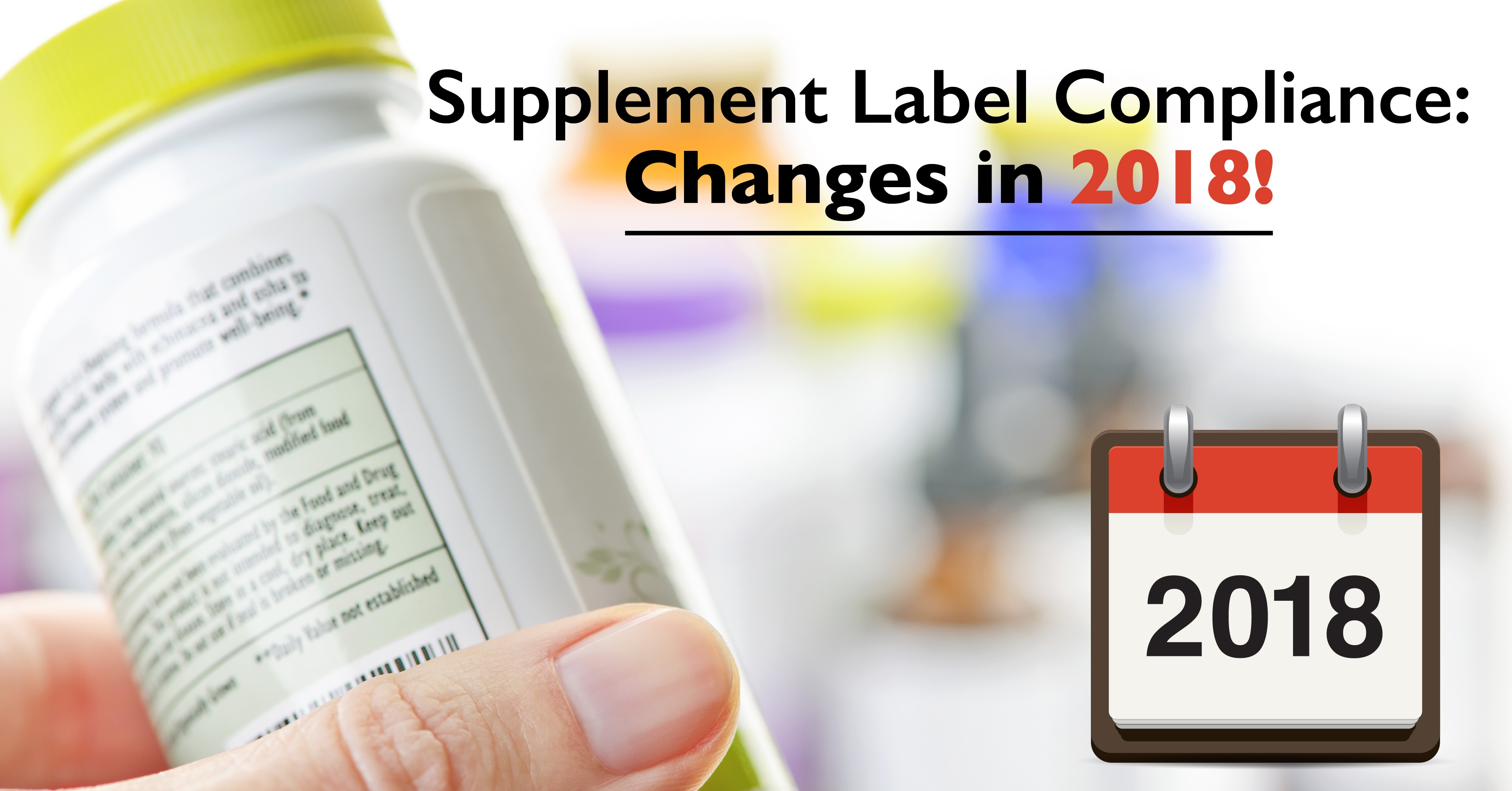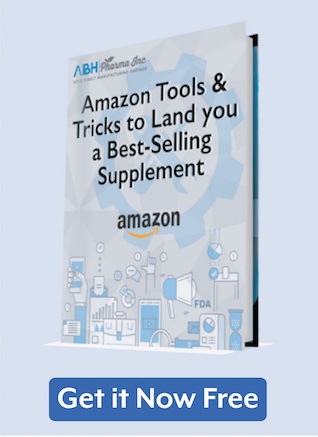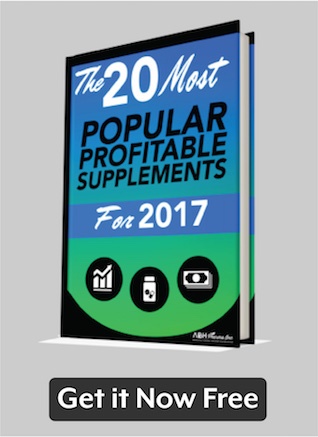The Council for Responsible Nutrition (CRN) is asking the federal government to populate an additional $5 million for a budget to help them oversee and regulate a $40-plus billion dollar industry. [ 1 ]
The question is, what does that mean for the supplement industry?
The Push for Dietary Supplements
The worldwide dietary supplement market is growing. It is projected to reach 278 billion dollars by 2024. The 2015 US dietary supplement market is valued at just under $25 billion. [3]
Interestingly enough, one of the key drivers for this market is expected to be new products. Dietary supplement packaging has always been an important driver as well. That might be due to the increasing amount of medical research that highlights the positive benefits of natural substances on modern diseases. An example would be how Alpha-lipoic Acid is helping diabetics. [ 4]
It is health conscious consumers who are driving the surge in supplements. Millennials are now the biggest shopping group, and they are not afraid to shop online. Online supplement sales is expected to be the largest growth area [4] All of this growth is fueling the need for more oversight. Here's why that is a good thing for reputable companies.
The FDA and Dietary Supplements
The FDA currently makes the distinction between a medicine and a supplement based on the intended usage of the product. [2]
The labeling laws for dietary supplements is extensive, and those seem to be the crux of the power that the FDA has over labeling. However, supplements are not tested or monitored by the FDA for product safety.
"Federal law does not require dietary supplements to be proven safe to FDA's satisfaction before they are marketed." - FDA - [2]
Further, the legal basis for control does not even require that labels be truthful.
"For most claims made in the labeling of dietary supplements, the law does not require the manufacturer or seller to prove to FDA's satisfaction that the claim is accurate or truthful before it appears on the product." - FDA - [2]
Even advertising for dietary supplements is outside of the FDA realm. That job falls on the Federal Trade Commission.
In fact, when it comes to the public's safety, it is not until a dietary supplement is on the market that the FDA has any power and then it is through the mandatory reporting of serious adverse events or if the public should complain.
Read the Entire How Are Supplements Regulated FDA doc.
Putting it All Together
In a market where global sales could reach $300 billion dollars by 2025, and where the US market is pushing $30 billion annually the need for "control" is growing. 
Medical supplements compete with prescription drugs as both a complement - a product that enhances another - and as direct competition. Health-minded consumers are reading labels, doing research and looking beyond their symptoms to try to manage long-term health and quality of life.
So, what does the proposal to increase the Council for Responsible Nutrition mean to the dietary supplement industry?
Most likely it means that more inspections, more warning letters, and greater scrutiny of supplements both domestic and foreign. More money means that the powers that be have more tools to regulate supplements.
For companies that produce quality goods, correct labels, and whose product claims are backed by medical research, the growing market is golden. For those that skirt the edges of what is legal and illegal the market is likely to become hostile should the US Government approve and fund the Council for Responsible Nutrition budget request.







